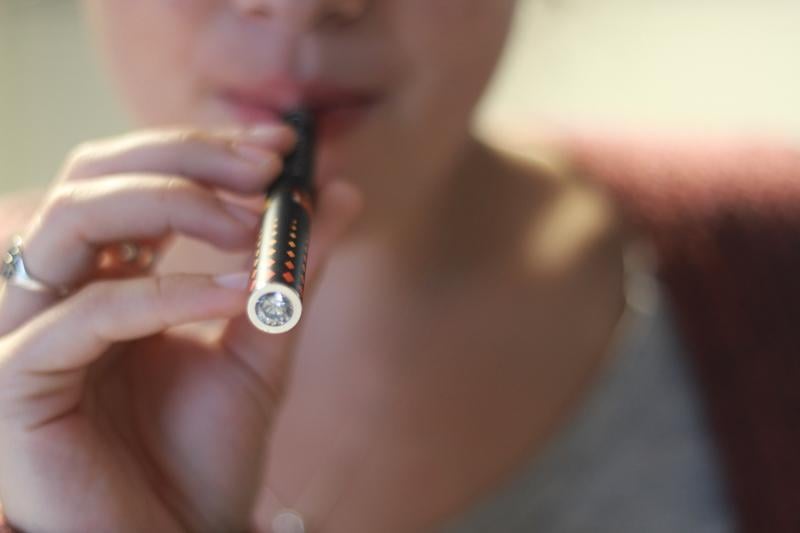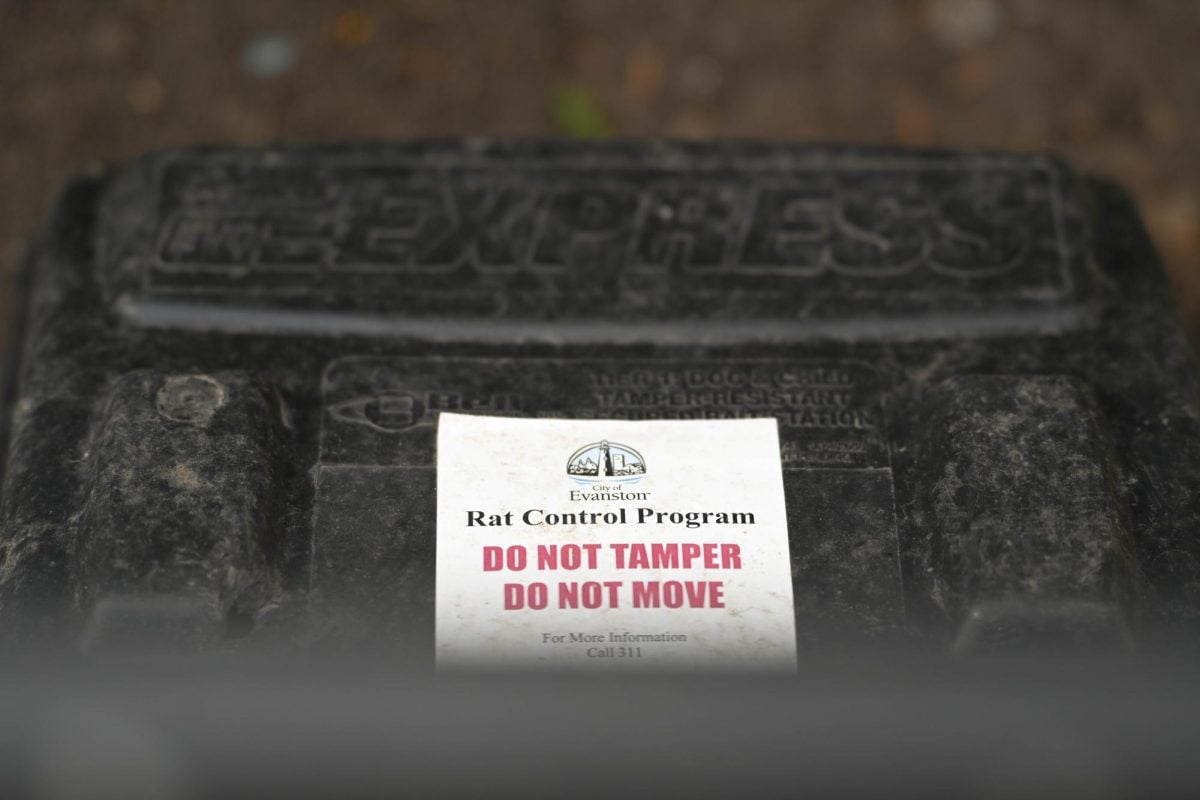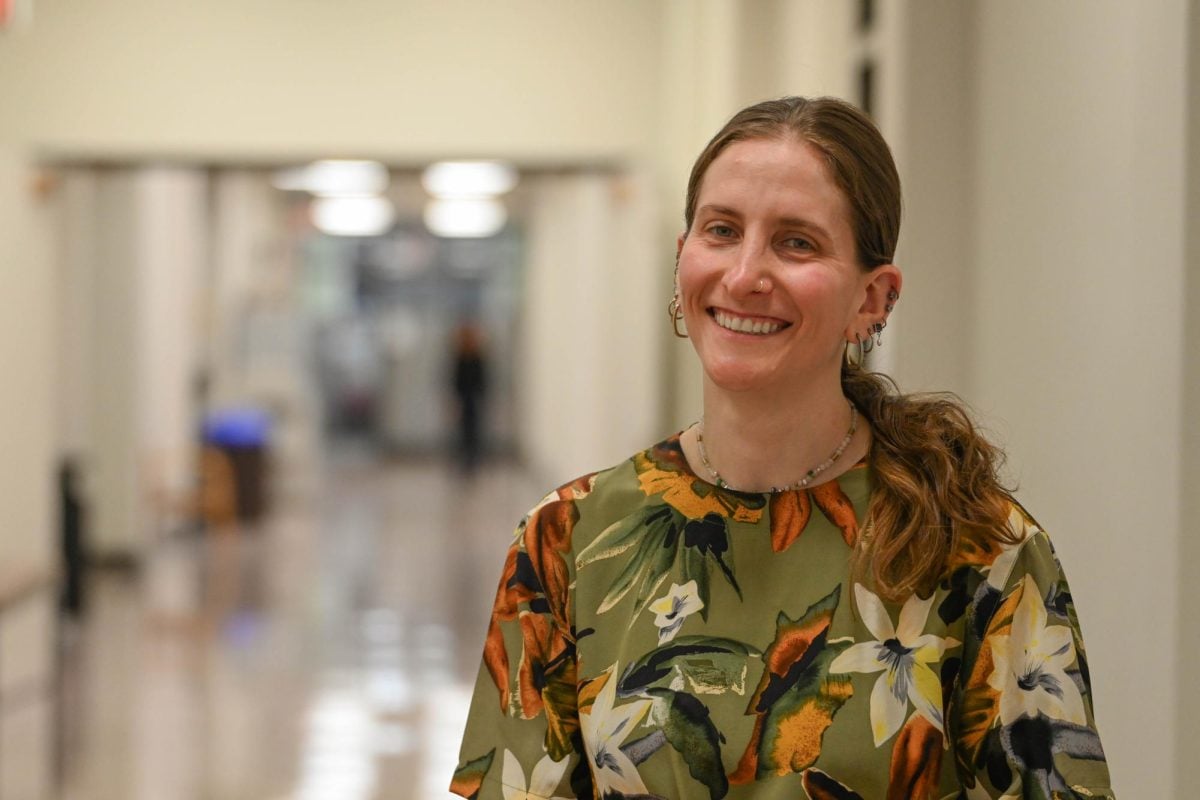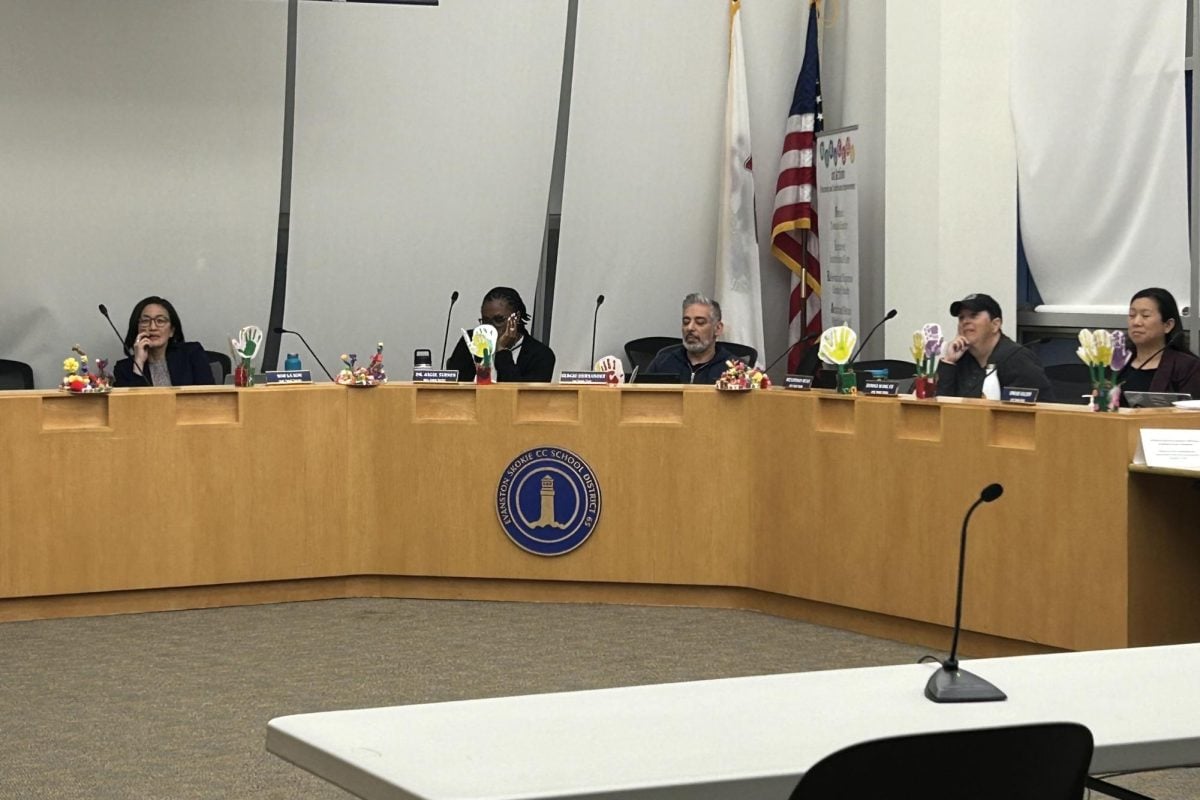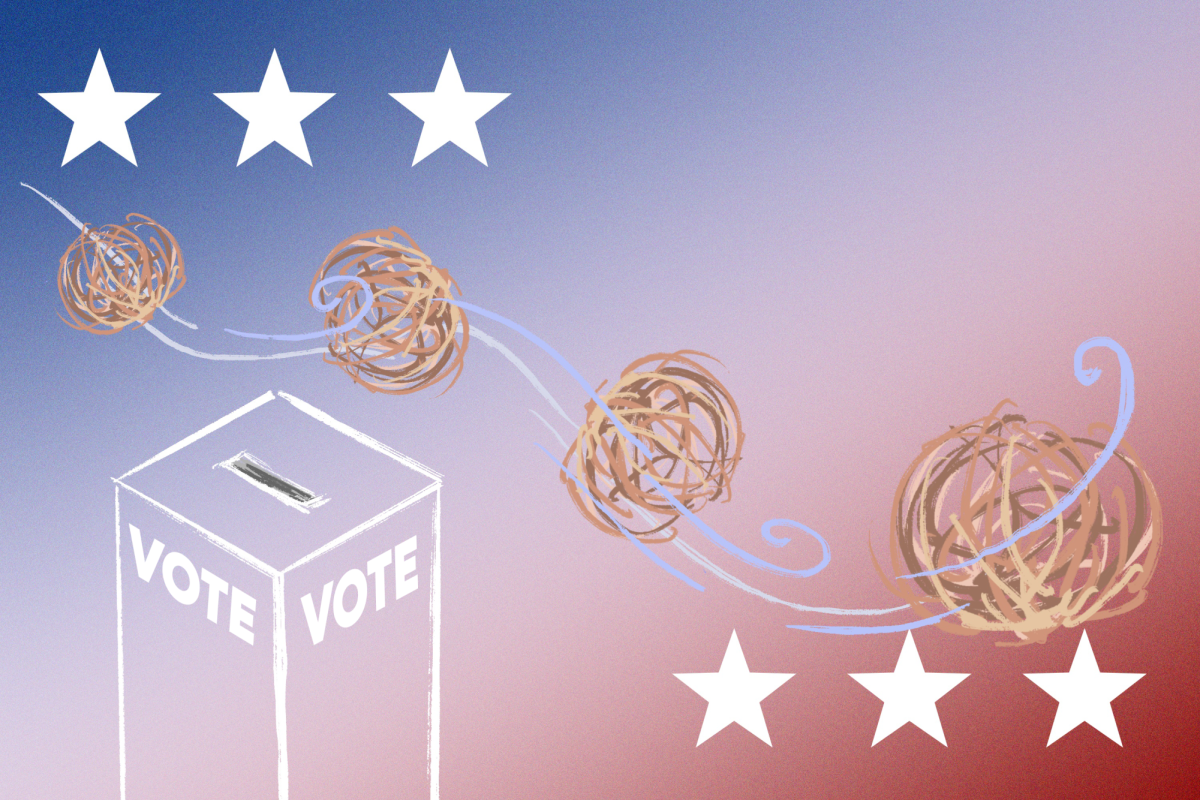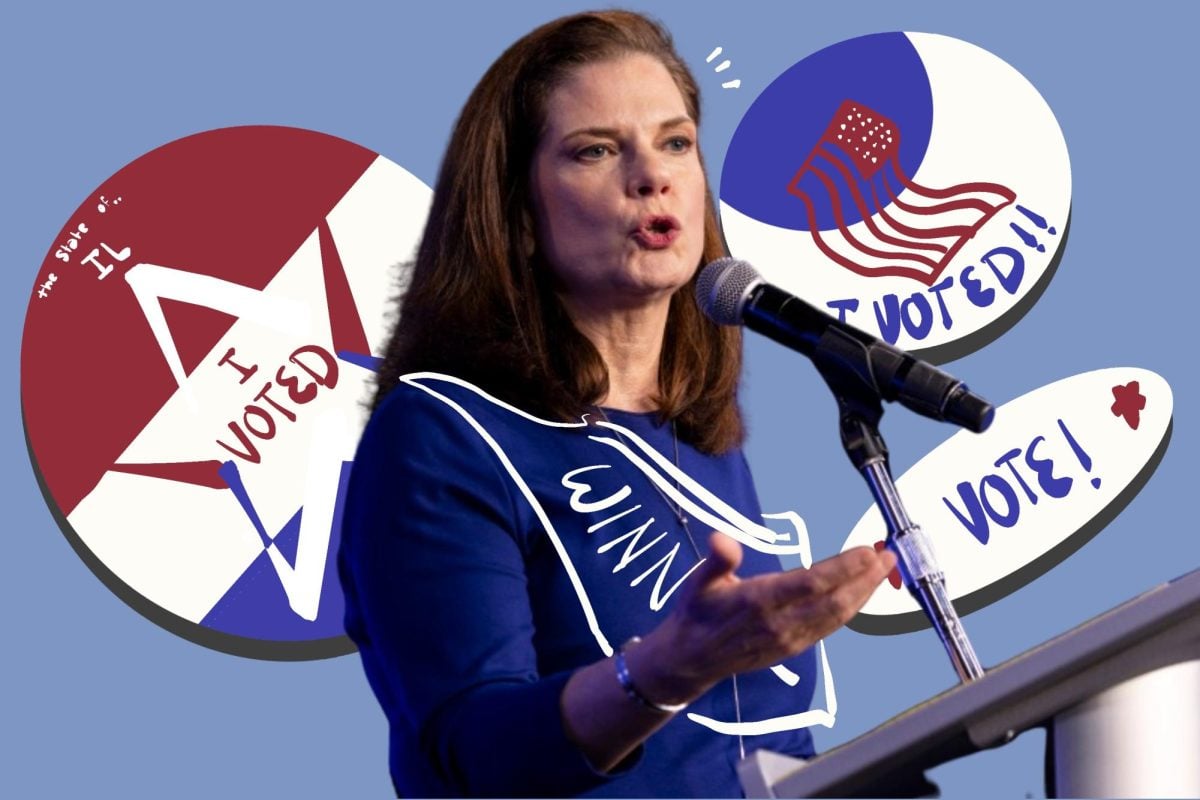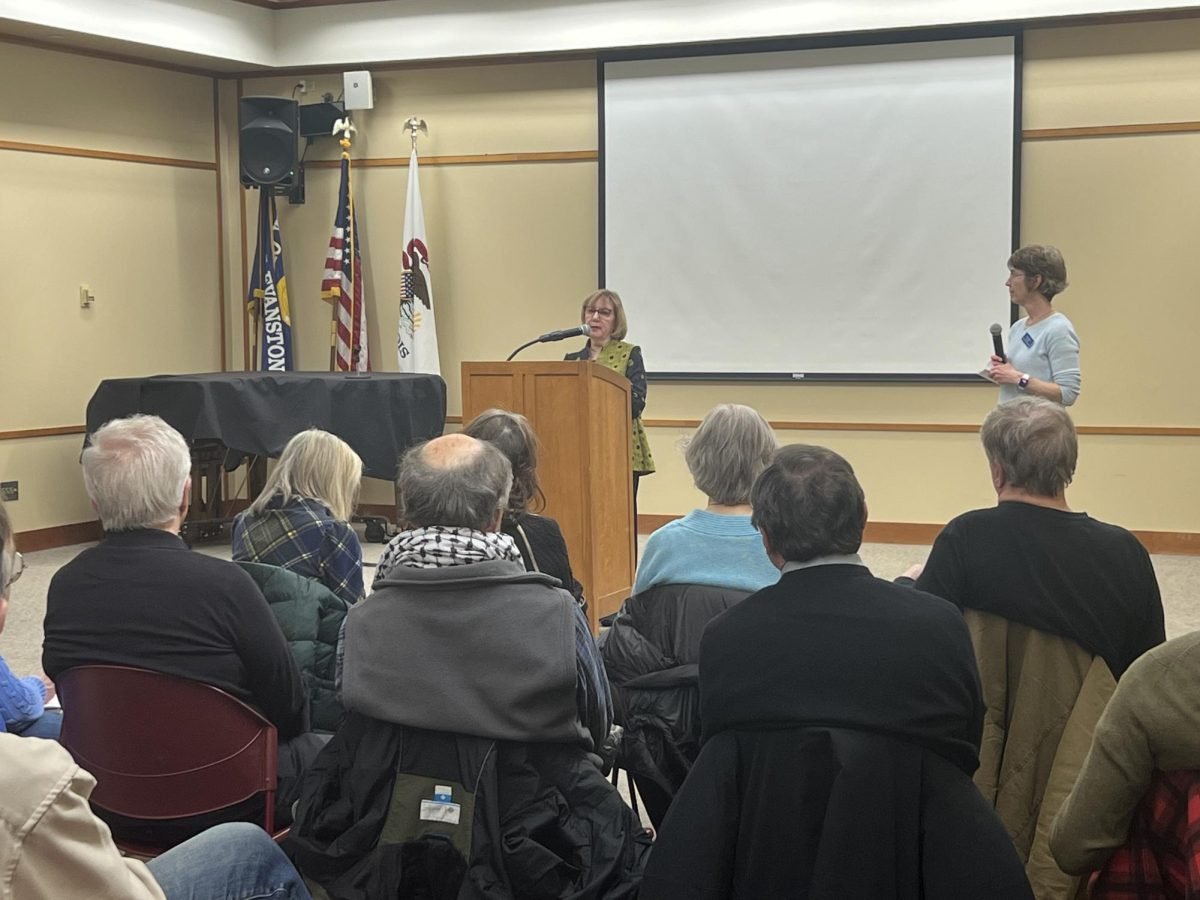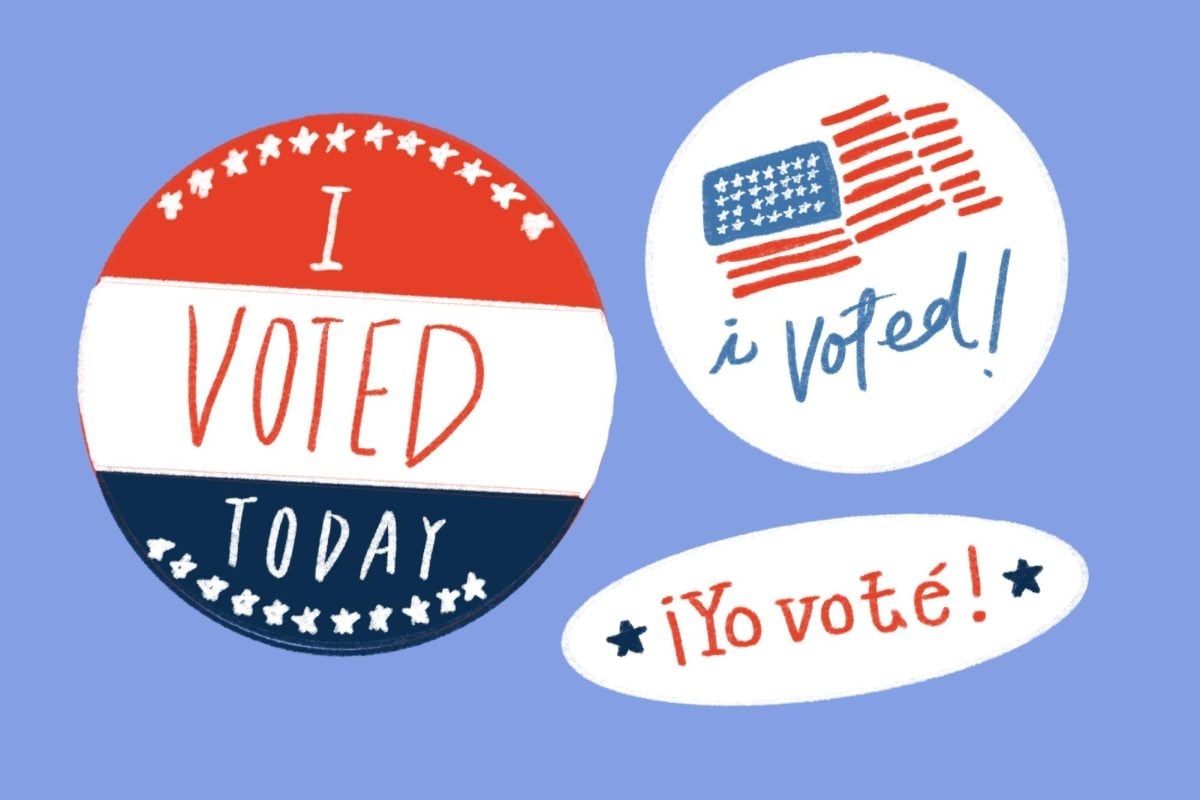After weeks of heated debate and emotional appeals, Evanston last month joined more than 100 other cities and counties that have banned electronic cigarettes in all public areas where other smoking products are prohibited.
City Council on Oct. 28 approved an amendment to the Evanston Clean Air Act, which prohibits cigarette and tobacco use in most public spaces, to include electronic cigarettes, or e-cigarettes. As of Oct. 1, only 100 local laws existed restricting e-cigarette use in public areas, according to a report by the American Nonsmokers’ Rights Foundation. Two states — New Jersey and North Dakota — have put similar measures into effect.
The passage of the ban came after spirited discussion about the potential health risks of e-cigarettes, which have not yet been verified on the federal level.
“I think it’s just a function of the fact that it’s a fairly new product, and people are just getting around to dealing with it,” Ald. Don Wilson (4th) said. “If you picked up an encyclopedia from the 70s, you’ll see that it indicated it was OK to drink and smoke when you were pregnant and things like that. Things change.”
E-cigarettes are battery-powered devices that heat a liquid solution containing nicotine to simulate tobacco smoking. Most health experts hold that the effects of “vaping,” the term for using e-cigarettes, remain unclear, but proponents point to studies that suggest e-cigarettes pose fewer direct and secondhand health risks because they produce vapor rather than smoke.
“Electronic cigarettes are a low-risk substitute for smoking,” said Elaine Keller, president of the Consumer Advocates for Smoke-free Alternatives Association. “They are not smoking. They are not set on fire, and in order to create smoke, you need to set something on fire.”
Vapor does not contain the tar, toxins and other dangerous byproducts of lighting tobacco on fire, Keller said.
But Wilson cited the lack of e-cigarette manufacturing regulations as one of the main reasons why the city instituted the ban. He said because there are no standards as to what can be used in the liquid cartridges, even studies that claim to prove e-cigarettes as safe cannot apply their findings to all of the product’s various forms and brands.
Despite the lack of regulation, e-cigarettes have grown in popularity over the last few years. About 21 percent of adults who had smoked traditional cigarettes used e-cigarettes in 2011 — a 10 percent increase since 2010, according to the Centers for Disease Control and Prevention. Many proponents claim the products help people quit tobacco smoking.
“What they’re doing is discouraging smokers from switching,” Keller said. “Now you’re improving your health, you’ve switched to e-cigarettes, you’re no longer wheezing … but we’re still going to punish you and make you go outside to use that.”
Wilson expressed concern for Evanston smokers trying to use e-cigarettes to quit but maintained that making vaping more convenient is not enough to justify “putting the rest of the population potentially in harm’s way of these unregulated products.”
The American Lung Association does not recommend e-cigarettes to help smokers quit because the Food and Drug Administration has yet to approve them as safe cessation devices, said April Bailey, tobacco program manager at the ALA in Greater Chicago. The approval process involves heavy testing of nicotine levels, determining appropriate use duration and usually developing some means of registering and regulating companies that produce these devices.
“All nicotine replacement products or things that we recommend for smoking cessation, they’ve all been through that process,” Baily said. “They’re held to a very rigorous standard to ensure their safety.”
The FDA was expected to release e-cigarette regulations by the end of October, but no such announcements have been issued.
Wilson said Evanston would be open to reevaluating its stance on the issue if new, more concrete research comes out ensuring the safety of e-cigarette use.
“My philosophy is, if anybody presents anything new, I will always look at it and consider it,” he said.
Email: [email protected]
Twitter: @kellyagonsalves

